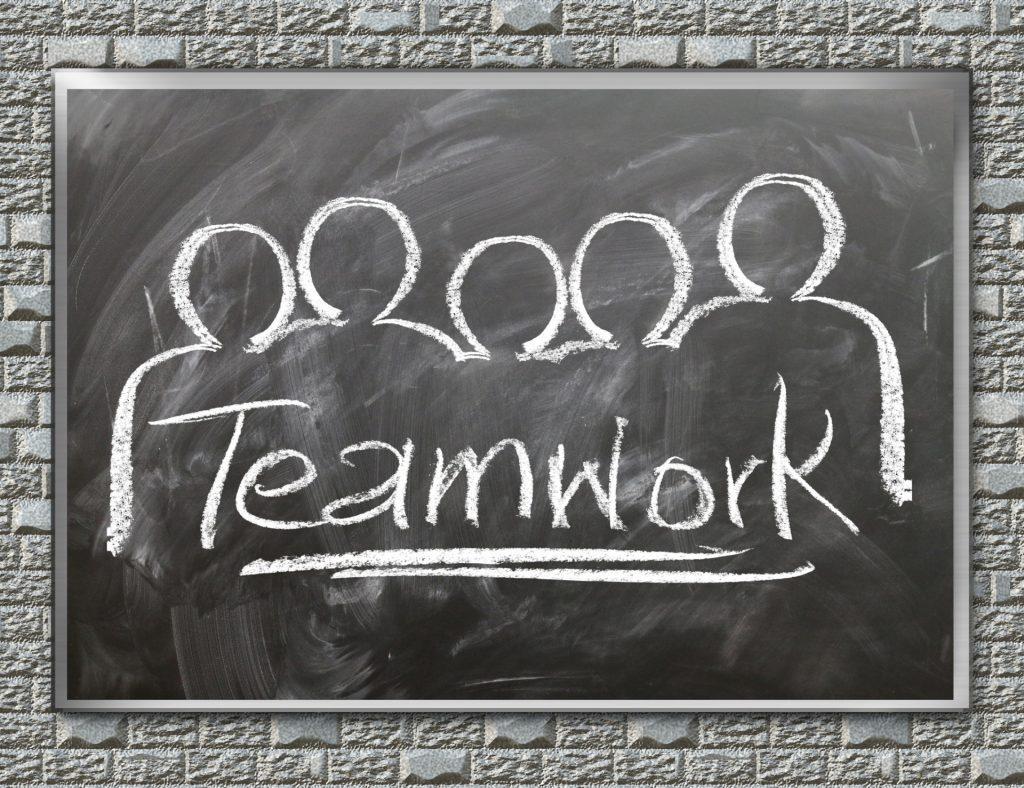We often hear the phrase “they pulled themselves up by their bootstraps” when referring to someone whose has made progress toward bettering their life. We treat it as a mark of excellence, an inspiring story. But is this phrase an ideal we should aspire for? Should we all aim to “pull ourselves up” in such a manner?
On the surface, the answer seems clear. Of course we should. We should all aspire to be the best that we can be. However, this particular way of framing it actually has a subtle poison to it. The phrase implies that the person has lifted themselves to new heights through their own strength, without the help of others. After all, if you imagine what actually lifting yourselves by the bootstraps would look like, it would have to be solely by your own manpower.
That idea by itself isn’t necessarily harmful, but our attitude about it is. We treat it like the ideal as if they were a hero. Again, not necessarily a problem. People who work hard to achieve their goals should be admired—if their actions and goals aren’t ethically and morally questionable. Our society, though, tends to treat those who “pull up by the bootstraps” as the pinnacle of human achievement and those who don’t as lesser.
Because of this connotation, those who ask for help, who use the structural support of others are shamed. The use of this phrase implies that everyone who wants their achievements to be considered admirable or not cowardly must spurn help. That is incredibly unhealthy. It’s also not possible.
Can you imagine what it would look like for a person to start completely from scratch? For them to not rely on any of the structures and assistance that others have created? It would mean that every person must discover fire for themselves or find out that animal fur makes good clothing. Yet, too often, we never look at someone who has access to electrical heating or clothes from Wal-Mart, someone who has received help in achieving the place in life that they’re at.
Humanity is always playing a game of “Yes, and. . .” We see something someone has done, and we build off of it—though often the game becomes “Yes, but. . .” We create a structure of innovation with the intent to raise the quality of life for ourselves or to meet some grand idea. At this structure’s base, we have the bare minimum of survival. From there we branch out in a multitude of ways, many of which end up inadvertently raising that base that is the standard of living. And everyone is born somewhere on that structure.
This is the foundation of privilege. Those born with access higher on the structure of assistance that humans have created will find it easier to climb along the branches or create a new one. Those who don’t have more work in front of them. But the idea that they do it by themselves is a toxic idea that leads to isolation and exhaustion. Should we work hard? Yes. Should we achieve our goals despite difficulties? Definitely. Should we spurn help because it’s not what the inspiring stories tell us we should do? Never.





